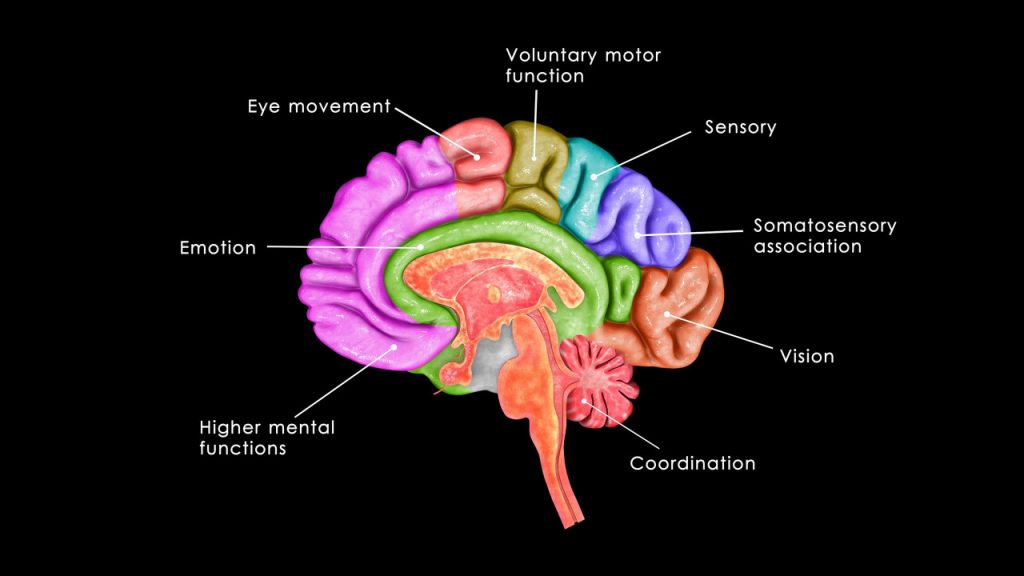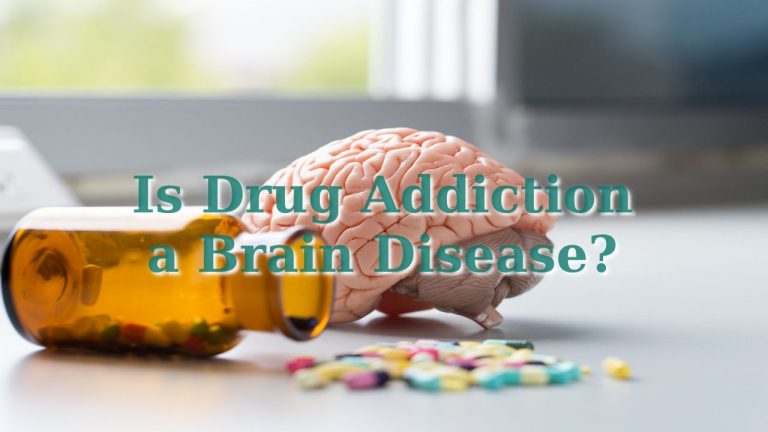Some people incorrectly assume addicts have weak moral fiber because of their habit. That’s not the case, yet free will and personal accountability play a role. Some think addiction is a fixed character flaw that runs throughout the family. This is also incorrect. Perhaps they’ve heard that addiction is a neurological disorder. We are finally getting down to business here.
Addiction is a disease of the brain, but realizing this is only the beginning. One of the first steps in overcoming addiction is realizing it is a sickness and treating it as such. The following are three fundamental elements of this comprehension.
Addiction is a disease of the brain with predictable symptoms and consequences.

Seek help to avoid the worst consequences.
Diseases can also be distinguished by the fact that their outcomes are determinable in light of whether therapy is administered and the methods employed. Check this website to learn more. Some diseases worsen if left untreated, and others must be monitored continuously. Conditions like diabetes are a good illustration. Another issue is addiction. Addiction is a condition that worsens with time and causes relapses. So, let’s dissect this definition.
Without timely and appropriate treatment, addiction worsens and eventually becomes incurable. An individual’s level of addiction can be revealed in a number of ways. Extreme lows in mood and sadness are possible, as is the feeling of being trapped in one’s addiction. Addiction to a drug typically deteriorates one’s physical health as well. Combined with the cumulative effects of relapse, this is one reason why addiction might hasten one’s death.
Addiction is considered a relapsing disorder due to the high prevalence of relapse among those who have received treatment for addiction. However, relapse should not be viewed as a sign of failure. As soon as a relapse occurs, the recovering addict or alcoholic must reevaluate their treatment options. Could something else be getting in the way of you getting better?
It’s possible that persons in recovery will need to adjust their lifestyle or disease management at regular intervals to prevent relapse. When we say that addiction is a chronic condition, this is what we mean. Long-term planning is necessary. The degree to which an individual needs such care is determined by their unique situation and history of addiction. It may require intensive management, but it may also require little oversight in the long run.
The brain’s reward system changes addicted individuals

Addiction alters one’s motives to the point that destructive habits, such as substance abuse, substitute more constructive ones, such as exercising or eating healthily.
Addiction occurs when the brain’s reward system is altered to the point that the memory of previous rewards (whether they be food, sex, or drugs) can trigger a biological and behavioral response to engage in the addictive behavior again, despite harmful consequences and, in some cases, even though the individual no longer finds pleasure in the activity.
Control over impulses is also influenced
Addiction also alters the prefrontal cortex, leading to impulse control and decision-making problems. According to ASAM, when addicts engage in their addictive behavior again to “feel normal,” this perpetuates a “pathological pursuit of rewards.”
The prefrontal cortex has a role in preventing impulsivity and allowing one to postpone gratification.
The ASAM specialists speculate that this connection between early-onset substance exposure and later addiction is due to the fact that this part of the brain continues to grow into young adulthood.

